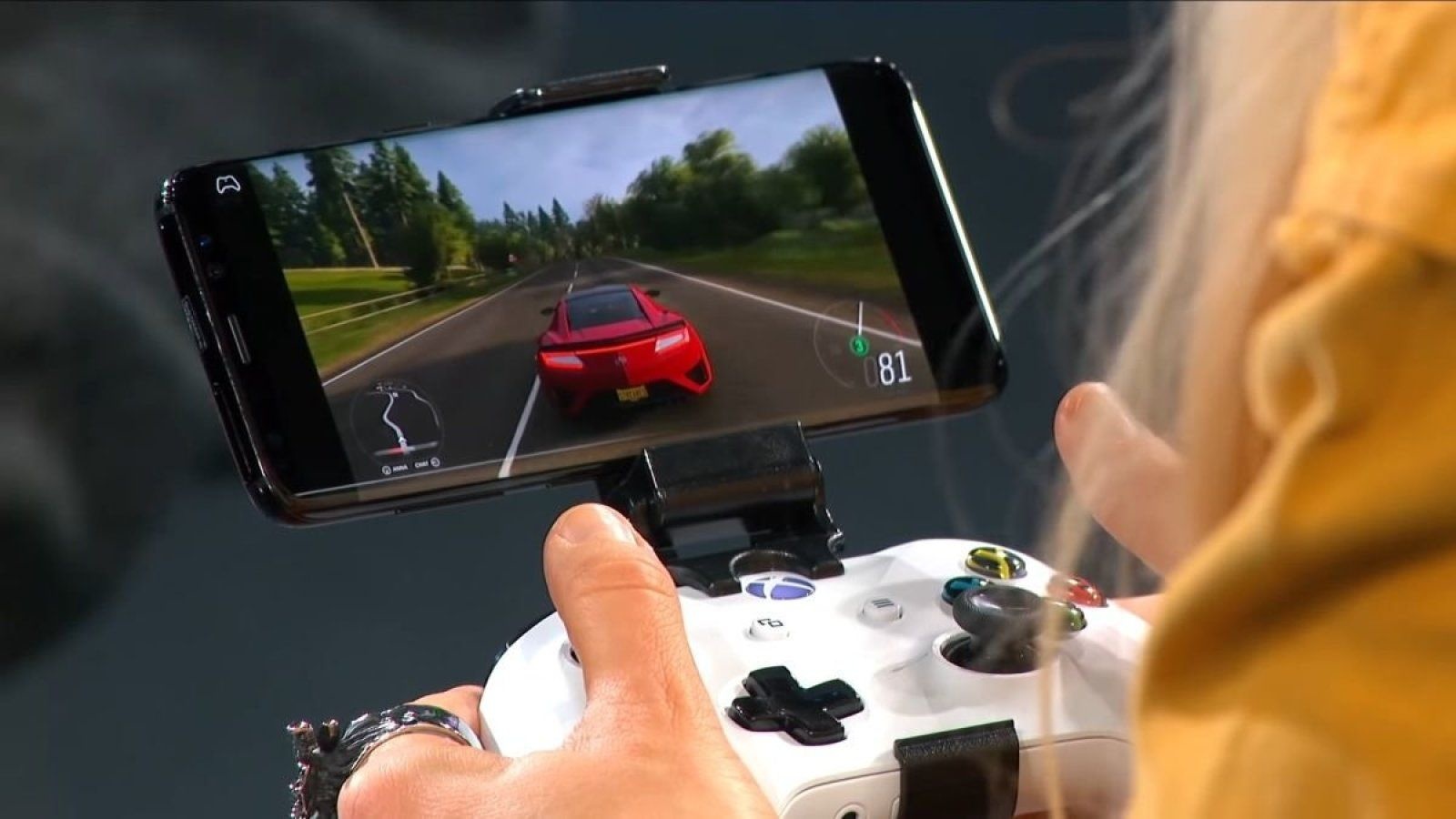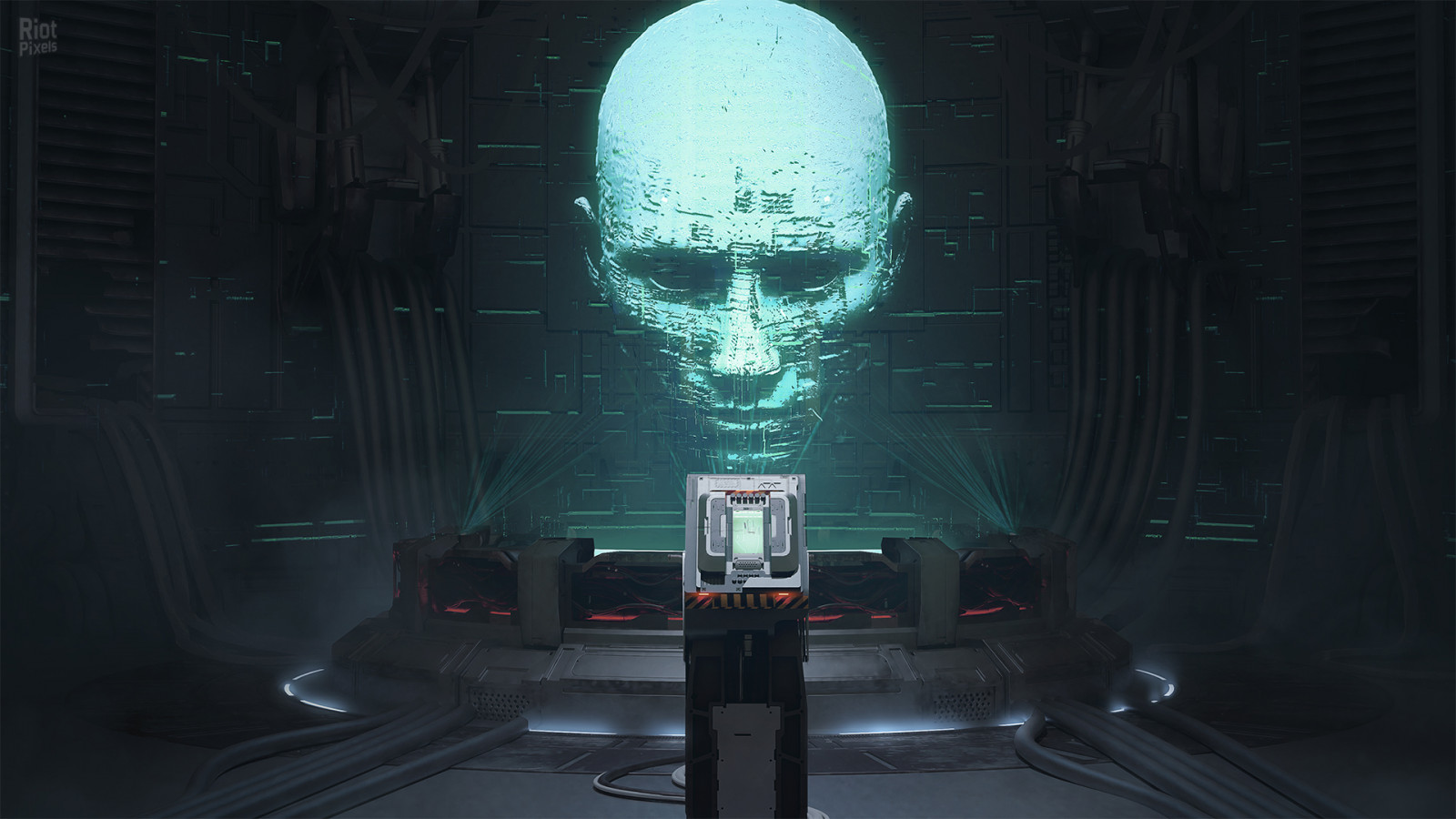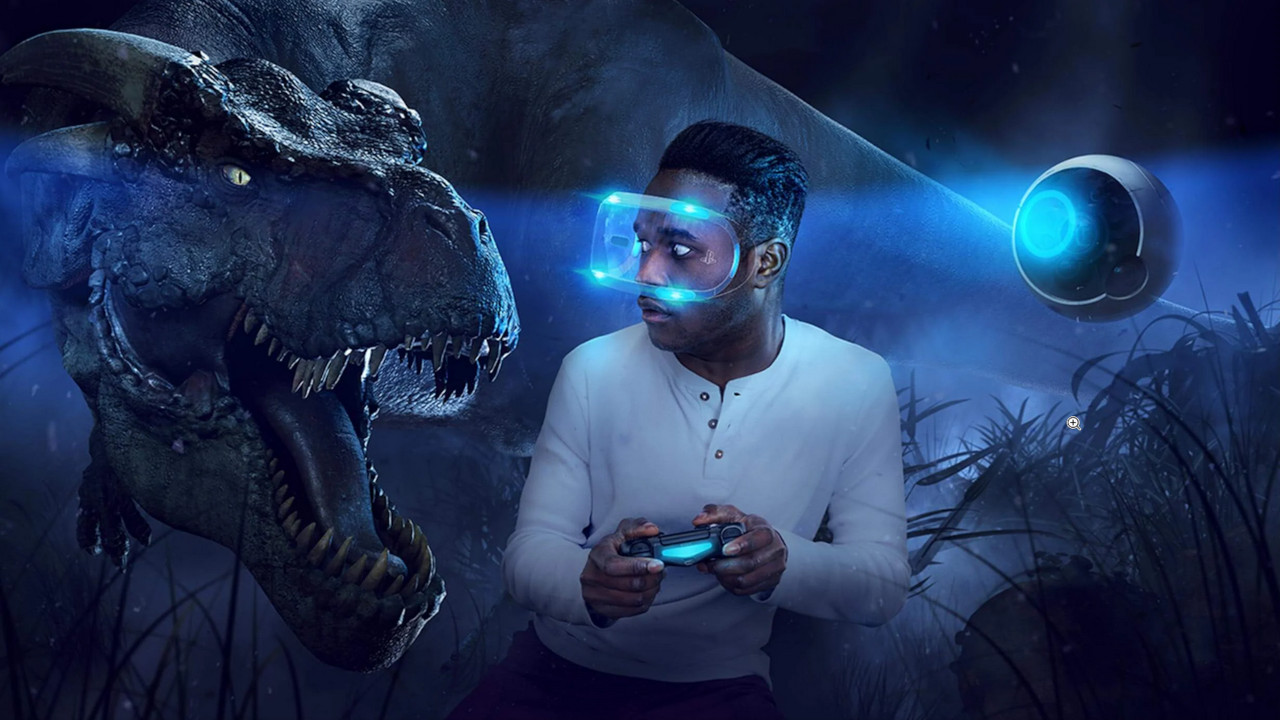As technology continues to evolve, so does the world of gaming. New technologies continue to reshape the industry, and understanding how they are currently exploited for more immersive experiences provides insight into what to expect. In this post, we’ll discuss some of the most cutting-edge technological advances that are shaping video gaming's future.
Virtual reality (VR) and augmented reality (AR)
VR allows players to enter a game, immersing themselves in a virtual world. Using VR headsets, players are transported into a completely interactive, three-dimensional environment, providing a gaming experience that is more immersive than ever before. Examples of VR gaming include popular titles like 'Beat Saber' and 'Half-Life: Alyx.'
On the other hand, AR adds digital elements to a live view, usually by using the camera on a smartphone. It allows gamers to interact with virtual content in the real world, enhancing their existing environment instead of replacing it. Games like 'Pokemon Go' and 'Harry Potter: Wizards Unite' have successfully utilized AR, bringing a new level of interactivity to mobile gaming.
Cloud gaming

The days of hulking gaming PCs breathing smoke and fire are coming to an end. Why not game with a little mini PC hanging off the back of your monitor, and let some graphics card farm somewhere handle the heavy lifting?
That's the promise of cloud gaming. A player can enjoy a high-quality gaming experience on any device - a smartphone, tablet, or smart TV - as long as they have a stable internet connection. Cloud gaming eliminates the need for gamers to upgrade their hardware to play the latest games continuously. Instead, games are run on powerful servers and streamed to the player's device, significantly reducing the cost barrier to entry for high-end gaming.
This brilliant technology is not just changing how games are played but also how they are distributed and monetized.
Artificial intelligence

Gone are the days of predictable and repetitive non-playable characters (NPCs) or adversaries. AI algorithms are now being leveraged to imbue these in-game entities with a sense of intelligence, making them more human-like in their actions and reactions.
This means that when you're playing a game, your opponents aren't just following pre-programmed scripts. They can learn from your behavior, adapt to your strategies, and offer a challenge that feels tailored to your skill level. This not only makes the gaming experience more exciting but also keeps players engaged, as they are constantly pushed to improve and adapt their own gameplay tactics.
Moreover, AI can analyze player behavior and adjust the game's difficulty level on the fly. If you're struggling, the game might become more forgiving, while skilled players will face increasingly tougher challenges. This dynamic approach ensures that every player, regardless of their skill level, can find a satisfying level of challenge in a game.
AI is not only impacting gameplay but also revolutionizing the way games are created. Game development is an intricate and time-consuming process, involving the creation of in-game content such as worlds, characters, and quests. AI is now streamlining this process by enabling developers to harness the power of machine learning algorithms for content generation.
Haptic feedback
Gaming has come a long way since the days of basic graphics and rudimentary sound effects, and haptic feedback has come a long way since Nintendo 64's Rumble Pak. Increasingly, video gaming is becoming not just about what you see and hear on a screen; it will soon be about what you can sense in every sense of the word.
While touch sensations are currently the most prevalent form of sensory feedback, developers are increasingly exploring other senses, such as smell and even temperature, to further blur the line between the virtual and real worlds. Imagine being able to smell the pine trees as you traverse a virtual forest or feeling a subtle change in temperature as you explore a snowy mountain peak. These developments promise to take gaming immersion to an entirely new level.
As technology continues to advance, we can expect even more innovative ways to engage our senses while gaming. These advancements not only enrich the gameplay experience but also hold potential in various applications beyond entertainment, such as medical simulations, virtual training, and therapeutic interventions.
Biometric feedback

Biometric feedback involves the real-time monitoring of players' physiological responses, including metrics like heart rate, skin conductance, and eye movement. By harnessing this biometric data, game developers can adapt the gaming experience on the fly, creating a level of personalization and emotional engagement that was previously unattainable.
For instance, horror games can intensify the scares when they detect an elevated heart rate, amplifying the tension and ensuring players are on the edge of their seats. Games of the future will also adjust their difficulty levels in response to player frustration, ensuring that the challenges always remain optimally engaging and interesting.
The blockchain
Blockchain technology is steadily making its way into the gaming industry, promising to revolutionize how we interact with games. The application of this technology extends far beyond the realm of cryptocurrencies, providing new mechanisms for game design, development, and player engagement.
The concept of decentralization lies at the core of blockchain's appeal in gaming. It means all game assets, achievements, and player history aren't stored on a central server, but instead, they're distributed across a network of computers. This decentralization can significantly increase transparency and security in games.
With blockchain technology, in-game assets like characters, items, or even entire game landscapes can be tokenized. This tokenization can create a digital scarcity of certain assets, making them unique and potentially valuable. This concept is already being applied in games like CryptoKitties and Decentraland, where players can own, trade, and sell their digital assets.
Integrating blockchain technology could benefit Regal Riches, a widely popular casino game. Through blockchain, the transactions and winnings within the game could be decentralized and secure, increasing transparency for players. Unique game assets could be tokenized, providing an additional layer of engagement and potential profit for players.



I can't wait to get in the Skyrim 2.0 pod